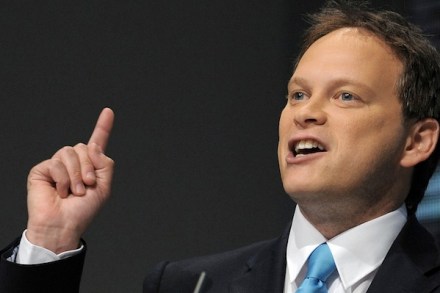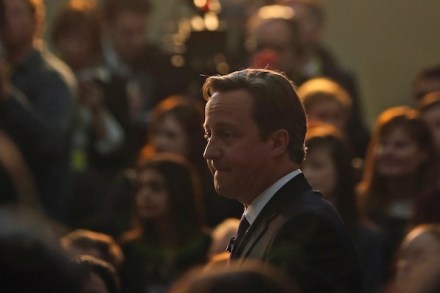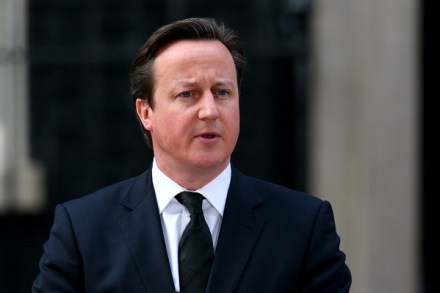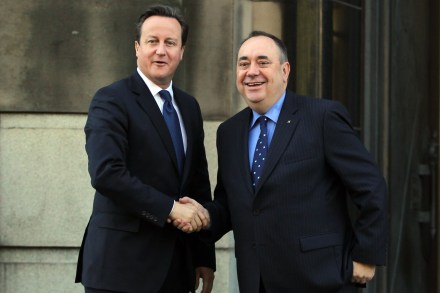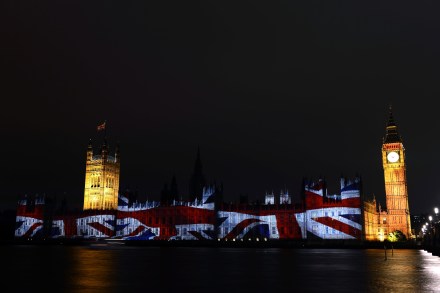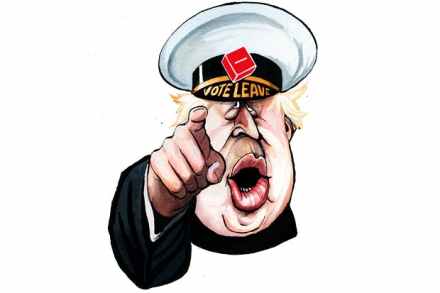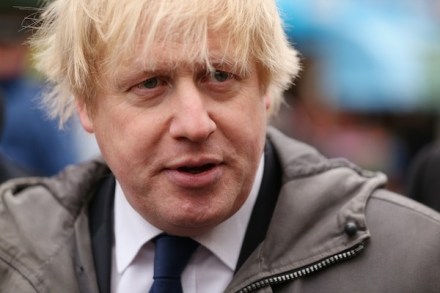Tax transparency: Cameron says relax
When dolphins hunt fish, they gang up on them as a school, chasing them into the shallows. So it happens at the daily lobby briefing: when a morsel of a story appears and someone lets down their guard, the whole pack of journalists jumps in. Today the Prime Minister’s official spokesman was chased into the shallows on the plan, which appears rather dead in the water, to publish ministers’ tax affairs. The plan had been for the most senior members of the Cabinet to do this, and David Cameron, George Osborne, Nick Clegg and Vince Cable had agreed on it last spring. But nothing has happened. The only reason it


